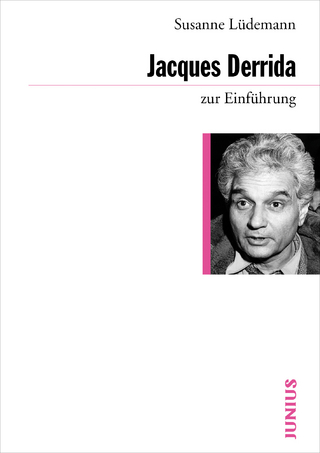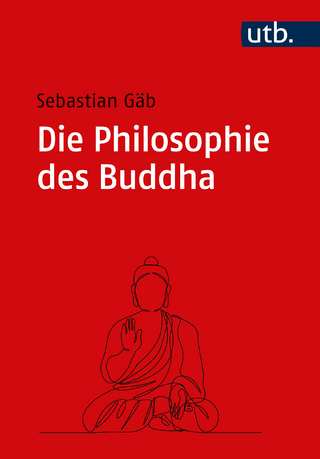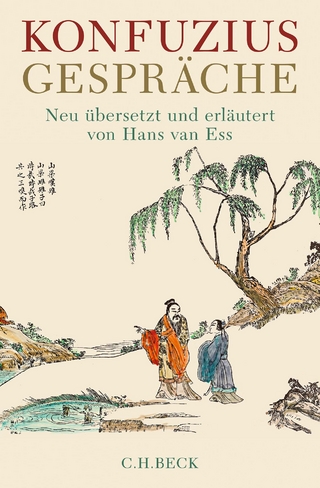
Brahman and Dao
Lexington Books (Verlag)
978-0-7391-7172-1 (ISBN)
Ithamar Theodor is a scholar of Hinduism. A graduate of the Theology Faculty, University of Oxford, and a Life Member of Clare Hall, University of Cambridge, he is lecturer at the University of Haifa and visiting scholar at the Chinese University of Hong Kong. Zhihua Yao is associate professor in the Department of Philosophy at The Chinese University of Hong Kong. His research interests cover Buddhist philosophy, Indian philosophy, and philosophy of religion.
Acknowledgments
List of Contributors
Introduction
Part One: Metaphysics and Soteriology
Chapter 1: One, Water, and Cosmogony: Reflections on the Rgveda X.129 and the Taiyi sheng shui
Chapter Two: Exploring Parallels between the Philosophy of Upanisads and Daoism
Chapter Three: The Way of silent Realization: Ineffability and Rationality in the Philosophical Mysticisms of Sa?kara and Zhan Ruoshui
Chapter Four: Impermanence and Immortality: The concept of pañca-skandha in Buddhism and in Twofold Mystery Daoism
Section Two: Ethics
Chapter Five: Li and Dharma: Gandhi, Confucius and Virtue Aesthetics
Chapter Six: Ethics and Metaphysics in the Bhagavadgita and Classical Chinese Thought
Chapter Seven: Communal Moral Personhood and Moral Responsibility in the Analects and the Bhagavadgita
Chapter Eight: Ethics of Compassion: Buddhist Karu?a and Confucian Ren
Chapter Nine: Why “Besire” Is Not Bizarre: Moral Knowledge in Confucianism and Hinduism
Section Three: Body, Health and Spirituality
Chapter Ten: Yoga and Daoyin: History, Worldview, and Techniques
Chapter Eleven: The Emergence of Classical Medicine in Ancient China and India
Chapter Twelve: Health, Illness, and the Body in Buddhist and Daoist Self-Cultivation
Section Four: Language and Culture
Chapter Thirteen: Indic Influence on Chinese Language
Chapter Fourteen: Magical Alphabet in the Indian and Chinese Minds: From the Garland of Letters to Master Pu’an’s Siddham Mantra
Chapter Fifteen: Mixed up on “Matching Terms” (geyi): Confusions in Cross-cultural Translation
Chapter Sixteen: The Ludic Quality of Life: A Comparison of the Caitanaya-caritam?ta and the Zhuangzi
Chapter Seventeen: The Poet and the Historian: Criticism of the Modern Age by Rabindranath Tagore and Qian Mu
| Erscheint lt. Verlag | 7.11.2013 |
|---|---|
| Reihe/Serie | Studies in Comparative Philosophy and Religion |
| Co-Autor | Ram Nath Jha, Sophia Katz, Friederike Assandri |
| Verlagsort | Lanham, MD |
| Sprache | englisch |
| Maße | 159 x 236 mm |
| Gewicht | 594 g |
| Themenwelt | Geisteswissenschaften ► Philosophie ► Östliche Philosophie |
| Geisteswissenschaften ► Religion / Theologie ► Buddhismus | |
| Geisteswissenschaften ► Religion / Theologie ► Weitere Religionen | |
| ISBN-10 | 0-7391-7172-0 / 0739171720 |
| ISBN-13 | 978-0-7391-7172-1 / 9780739171721 |
| Zustand | Neuware |
| Haben Sie eine Frage zum Produkt? |
aus dem Bereich


